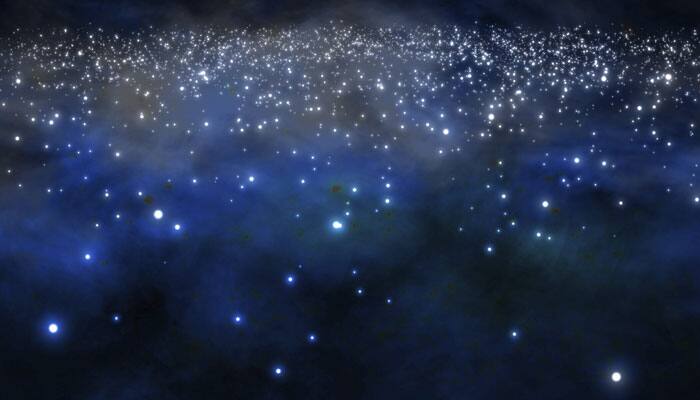Washington: Astronomers have discovered what may be the first known example of a globular cluster about to be born - an incredibly massive and extremely dense yet star-free cloud of molecular gas.
Globular clusters -- a dazzling group of up to a million ancient stars -- are among the oldest objects in the universe.
Though plentiful in and around many galaxies, newborn examples are rare and the conditions necessary to create new ones have never been detected till date.
"We may be witnessing one of the most ancient and extreme modes of star formation in the universe," said Kelsey Johnson, astronomer at University of Virginia in Charlottesville and lead author of the paper.
This remarkable object looks like it was plucked straight out of the very early universe.
This object, which the astronomers playfully refer to as the "Firecracker," is located approximately 50 million light-years away from the Earth.
What makes the "Firecracker" unique is its extraordinary mass, comparatively small size and apparent lack of stars.
With Atacama Large Millimeter/submillimetre Array (ALMA) telescope, the astronomers were able to find and study in detail a pristine example of such an object before stars forever change its unique characteristics.
Most globular clusters formed during a veritable "baby boom" around 12 billion years ago at a time when galaxies first assembled.
Each contains as many as a million densely packed "second generation" stars.
Our own Milky Way is known to have at least 150 such clusters, though it may have many more.
Globular clusters evolve out of their embryonic, star-free stage very rapidly -- in as little as one million years.
This means the object discovered by ALMA is undergoing a very special phase of its life, offering astronomers a unique opportunity to study a major component of the early universe.
The paper is set to appear in the Astrophysical Journal.
















